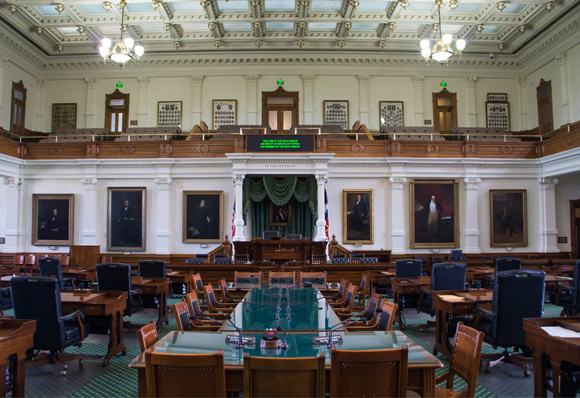The Obama administration's war on terror has achieved certain outcomes such as the killing of the suspect Osama bin Laden—the leader of the international terrorist organization al-Qaeda—and withdrawal from one of the main battlegrounds of Iraq. In spite of their actual achievements, however, public opinion of the counterterrorism strategy of the Obama administration is low. Conservatives criticize the administration for being too passive with regard to the war on terror, raising points including the spread of organizations associated with al-Qaeda into areas such as Yemen and Somalia, and the terrorist attack on the US Embassy in Benghazi, Libya last September, in which four people including the US Ambassador were killed. Liberals, on the other hand, criticize the administration for being too active in the war on terror. The main subjects of this criticism are the failure to keep its pledge to close the detention facilities for terrorist suspects on the Guantanamo Bay Naval Base in Cuba, and the increase of CIA drone strikes to a higher level than the previous Bush administration, which resulted in a great many civilian casualties.
The very fact that both liberals and conservatives condemn the one policy of the Obama administration casts doubt on the validity of the sides doing the criticizing. In his speech on May 23, President Obama went on the offensive to refute this criticism. He pointed out two aspects in an analysis of the present state in terms of the threat of terrorism facing the United States and blasted those who were criticizing for their lack of understanding on these points. One of these points was the contention that al-Qaeda has been weakened. Associated organizations spread, but their power is limited, and the core organizations' ability to strike at the United States has declined significantly. This decline resulted from the killing of a great many senior al-Qaeda leaders through intensified CIA drone attacks, and as they were preoccupied with the escape of their leaders, they were unable to prepare large-scale terrorist attacks, such as simultaneous attacks. In fact, there has not been a large-scale attack from overseas in the United States since the terrorist attacks on September 11. The other point is the new terrorist threat of US homegrown, so-called “domestic terrorists.” The suspects in the Boston bombing in April of this year as well as in the shooting rampages that have occurred frequently in recent years were all young men raised in the United States and inspired by radical beliefs.
President Obama also pointed out that the large-scale terrorist attacks in the United States did not begin with the attacks on September 11, but rather with the crimes of domestic extremists—the bombings at the World Trade Center in New York, in 1993, and at the Federal Building in Oklahoma City, in 1995. President Obama explained that countermeasures are needed because the threat of domestic terrorism has returned.
























































